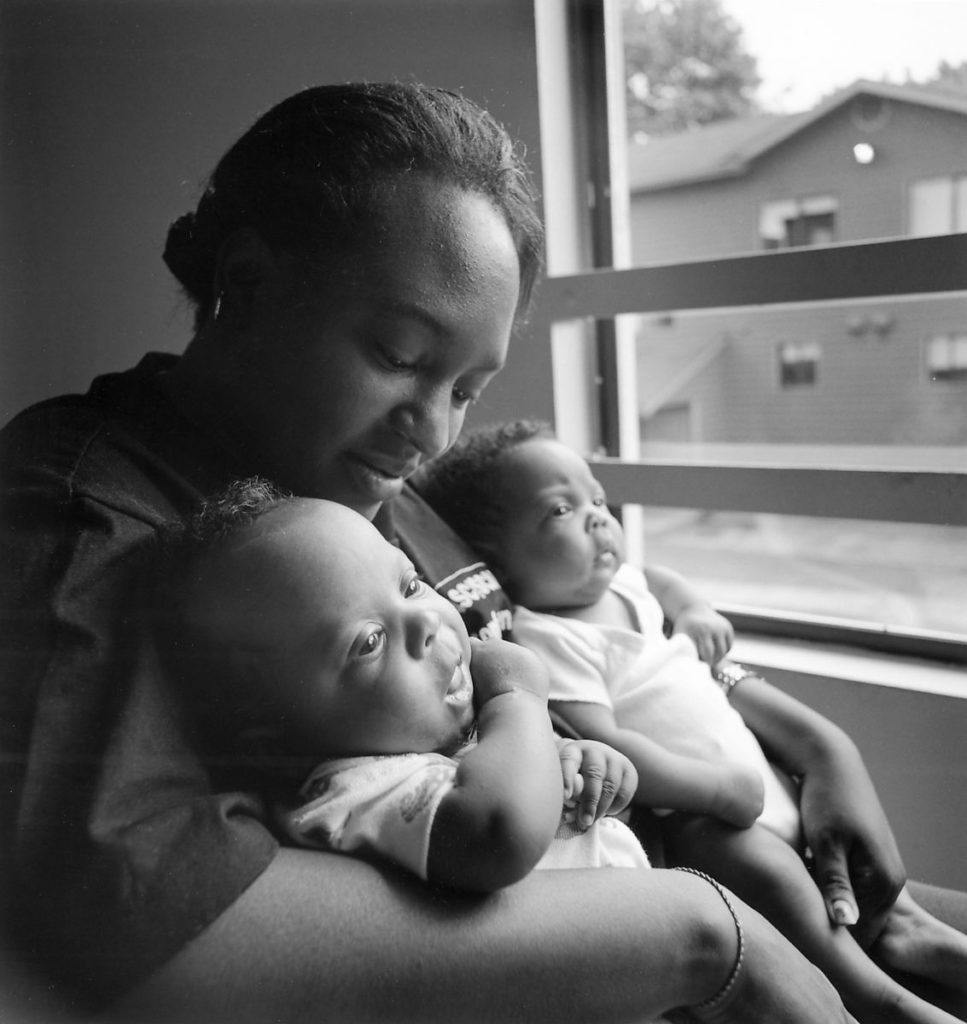
The Black Woman’s Guide to Getting Help for Postpartum Depression
Up to 20 percent of women develop a perinatal mood and anxiety disorder (PMAD), such as depression, anxiety, obsessive-compulsive disorder or (rarely) psychosis, either during pregnancy or in the year after giving birth. The risk for Black women is almost twice that. And yet, fewer Black women get help for these very common and treatable conditions. Researchers aren’t entirely clear on the reasons for these statistics, but one obstacle to treatment is stigma around mental health issues, specifically the stereotype of the Black “superwoman.”
As Black women, we are socialized and raised with the goal of being strong women. Part of achieving this can mean associating very human emotions and reactions (like sadness and crying) with “weakness” and “failure.” But we don’t have to accept that, and we don’t have to suffer in silence.
Here are eight ways to break through this stereotype, get in touch with your emotions, and get help.
↓↓
Read more from Seleni
Photo credit: PROSeattle Municipal Archives